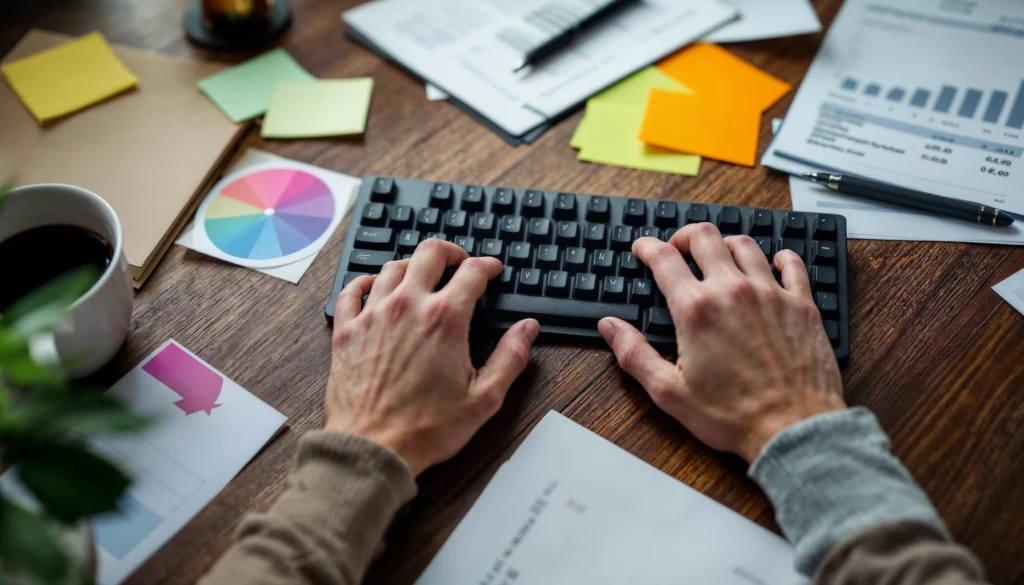Unlocking the Power of Generative AI: The Role of Human Collaboration and Prompt Engineering

Generative AI is changing the way we work, create, and solve problems. From writing content to coding and design, AI-powered tools are becoming indispensable. However, while AI has made remarkable progress, it still requires human expertise to guide, refine, and interpret its outputs effectively. The key to maximizing AI’s potential lies in human-AI collaboration and mastering the skill of prompt engineering. Let’s explore how these elements are shaping the future of AI.
Human-AI Collaboration: A Powerful Partnership
Despite its advancements, AI is not a standalone solution. Humans remain essential, particularly in areas requiring deep domain expertise, ethical considerations, and contextual understanding. AI can process vast amounts of data and generate insights quickly, but it lacks the nuanced judgment and critical thinking of human professionals.
The most effective approach is to treat AI as an assistant rather than a replacement. Whether it’s generating ideas, automating repetitive tasks, or accelerating decision-making, AI works best when paired with human oversight. By leveraging AI’s computational power and combining it with human creativity and expertise, we unlock new possibilities across industries.
Prompt Engineering: The Key to Better AI Outputs

Interacting with AI effectively requires a new skill: prompt engineering.
This involves crafting well-structured prompts to guide AI toward generating relevant and high-quality responses. The clearer and more specific the prompt, the better the AI’s output will be.
Improving prompt engineering is an iterative process. Users should experiment with different phrasings, provide context, and refine their instructions to get the most accurate and useful results. Just like learning any skill, practice makes perfect. The more users engage in prompt engineering, the more adept they become at harnessing AI’s capabilities to meet their needs.
The Future of AI
As AI continues to evolve, we can expect to see more autonomous agents—AI systems that can act independently based on high-level directives. These systems could streamline workflows, execute complex tasks, and make AI even more intuitive for users.
However, this advancement also brings the challenge of clearly defining mission statements for AI. Providing well-structured instructions will be crucial to ensuring AI behaves as intended and aligns with user goals. As AI grows more sophisticated, the ability to communicate directives effectively will become even more valuable.
Conclusion
Generative AI holds immense potential to transform industries, but only if users understand how to leverage it effectively. Mastering prompt engineering and embracing a collaborative approach with AI can unlock unprecedented efficiencies and creative breakthroughs.
The key takeaway? Experiment, refine, and practice. The more we engage with AI and learn how to guide its outputs, the more we can harness its full potential to drive innovation and productivity.



